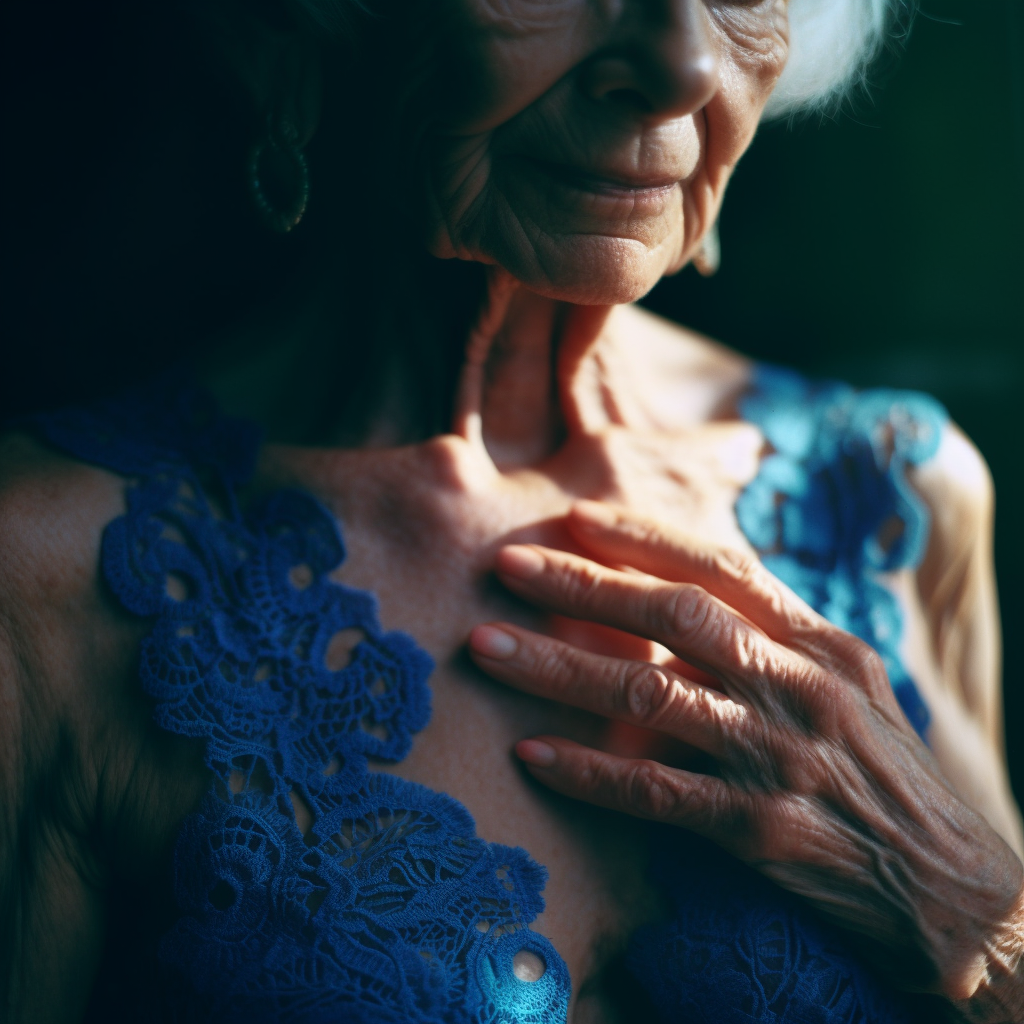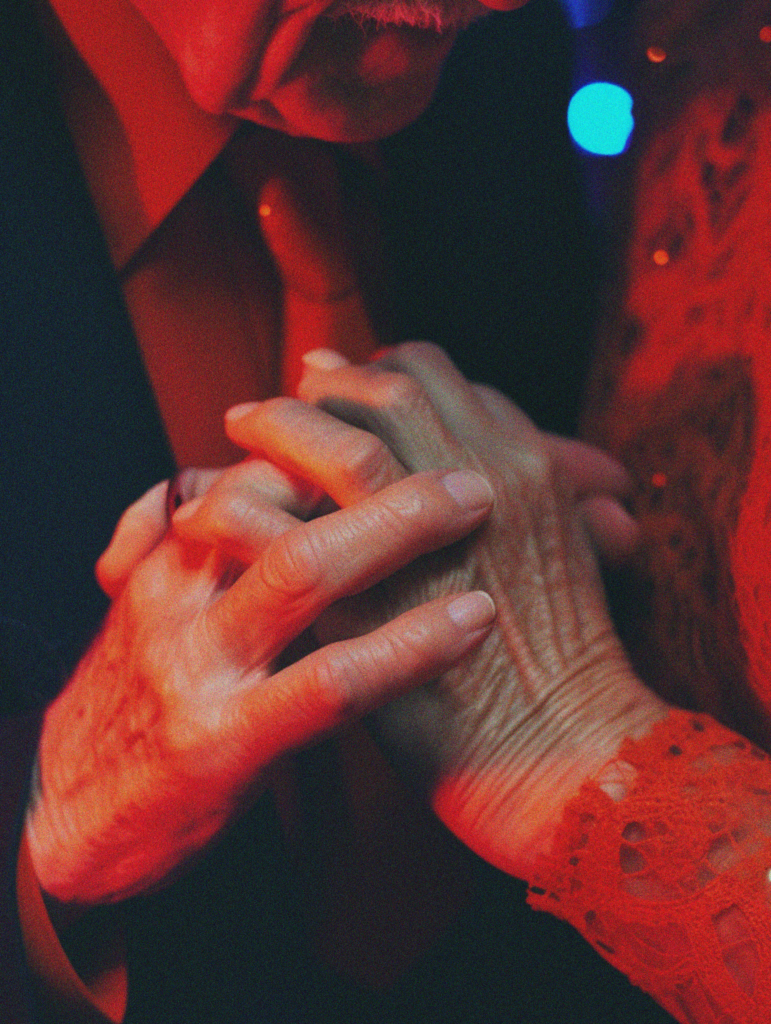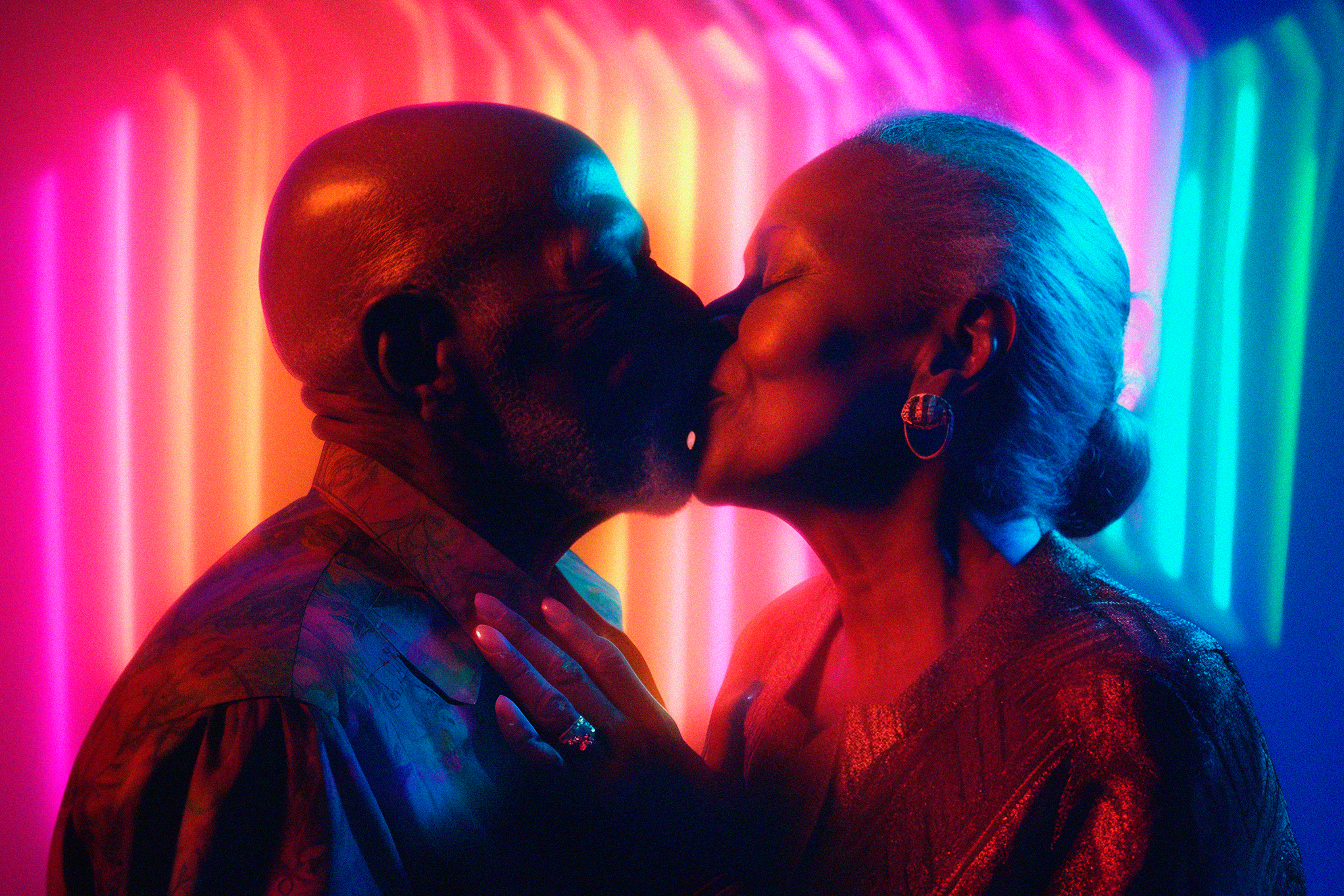We spoke to Jane Fleishman and explored the radical thought that sex at an older age can be the most fulfilling yet, and that the key to achieving this is to welcome and embrace change.
Jane Fleishman is a sexual educator, writer, program developer, and researcher. At 62 years old, she received her PhD in Human Sexuality. Jane offers sex-education training for elder care professionals as well as consulting for individuals and couples.
What inspired you to venture into sexual education focused on older people?
When I was searching around for a research topic, I realised that there was very little done about my own people, those who are older and queer. I’ve been an out lesbian for about 50 years, and I realised that I could actually do something that would benefit my own community in a way that I’ve never been able to. I believe that seeing older adults being sexual beings in whatever way—how they dress, how they act, how they display affection in public — can really challenge ageism. I always liked making trouble, and so I thought, what better way to be a troublemaker late in life than to look at one of the fundamental areas that shape our lives, both in very positive and also very detrimental ways. So looking at human sexuality was a really amazing choice for me to make.

“What better way to be a troublemaker late in life than to look at one of the fundamental areas that shape our lives?”
When we talk about sexuality and intimacy, there’s a big taboo around older people and sex. Why is that?
It’s mostly because of the misconceptions that exist about older people. The first one is that all older people are the same–they’re all white, wealthy, heterosexual, married, and none of them are happy. Let’s get rid of that first. It would be preposterous to say that all 30-year-olds are the same, just as all 70-year-olds are the same. Secondly, the world believes that older adults don’t have sex. And if they do have sex, there’s something gross about it. But the data shows there are plenty of people in their 70s who are still having sex. The last one is that old people’s bodies are not seen as something that can be sexy or attractive. Adults hear: “You can’t have that anymore, you’re too old and weak, you are over the hill and all dried up, you can’t get it up.” It’s all of these really negative aphorisms that are part of our vernacular. This is called sexual ageism. It comes from the idea that only certain people are allowed to be erotically desirable, and old people are not in that group.
While there are many misconceptions about older people and sex, what are some of the real changes and challenges that come with age?
Older people very often want to find a partner, but they’re scared. They’re scared because their body doesn’t look the same as it did 30 years ago. Their body has sagged or it’s not as muscular, and there’s no positive view of an older body. Besides the more common changes like a stiff back or a bad knee, a lot of older adults report that their skin sensitivity changes and other senses change. How much do you want to be touched? Where do you feel some heat? That may change as you get older.
Big changes—especially around our bodies and sex—can be scary and intimidating. How do you help older people navigate this change?
Discussing sex with older adults means we must have patience, because of all of the misinformation, repression and oppression that we have suffered throughout our lives. Instead of always being negative, let’s try to find some ways to heal some of those wounds. Many of the people who provided education about sex and ageing before me were focusing on vaginal dryness, erectile dysfunction, chronic pain. Just stop already, you’re not helping! I don’t even use the term erectile dysfunction when I talk with older adults, because I find it to be such a cold clinical term. I say erection differences. Or when someone can’t have an orgasm I say there are orgasmic differences. Just like we think of gender as a continuum, I think about bodily functions in terms of your sexual function as a continuum.

What has been the response from the older people you work with?
There was a man that came to talk to me after a workshop because he couldn’t have erections anymore. He said, “So I guess I gotta give it up, right?” I said, no, on the contrary, you’re living in the right time and space. There are medical aids, there are medications, there are different kinds of surgeries if you really want to do that. And there’s other kinds of sex that you can have, which is really the thing that I wanted to suggest. There’s a million sexual behaviours, I call it “outersex”. Like really good make-out sex. There are people who can have an orgasm just for making out. People also report that there’s a lot more interest in kink with older adults. They’re looking at other ways to get excited and get their sexual needs fulfilled. Sometimes that comes with this idea that they can try something new because nobody’s really watching. Isn’t that great?
“It’s reported that there’s a lot more interest in kink with older adults. They’re looking at other ways to get excited and get their sexual needs fulfilled.”
Are there other unexpected positives or benefits that come with getting older when it comes to sex and sexuality?
It’s a really radical thought to imagine that sex gets better as you get older, but people tell me that there’s a real freedom. There’s freedom from other people’s expectations. You’re not bringing anyone home to your mother anymore. You’re not worried about your biological clock. You don’t have kids at home. You don’t have jobs. There’s a lot more possibilities. In general, people have told me that they finally feel like they’re coming into their own. They don’t have to worry if they have the perfect body. They’re just having fun and enjoying each other in a way that they haven’t before.
“There’s a real freedom. Freedom from other people’s expectations. You’re not bringing anyone home to your mother anymore.”
You work primarily with older people, but do you have any advice for younger people who want to better prepare for sex in their older age?
Start prioritising sex now in a really healthy way that feels good to your body and your partner’s body. What increases your feeling of self-esteem? Find a way of being sexual in your 20s and 30s and 40s that you can continue later on. It’s a gift you’re going to give yourself for forever, for your whole life.
You can learn more about Jane’s written work, courses and training on her website, JaneFleishman.com.


No Comments.